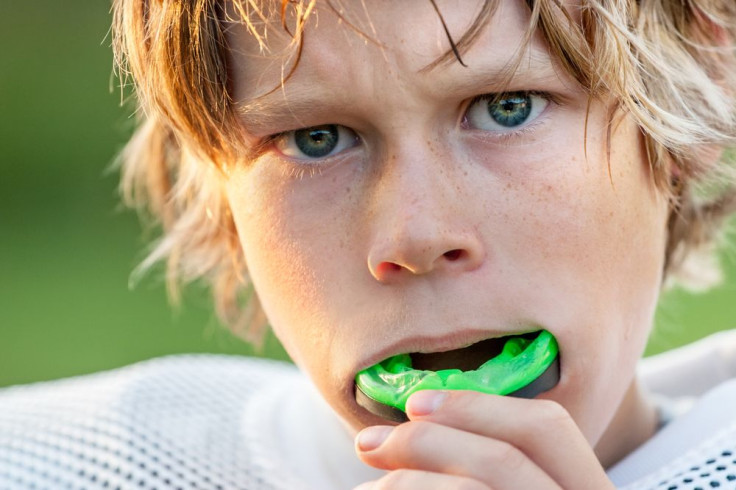Concussion Symptoms Found In Your Pocket: Narrowing Down The Most Accurate Head Injury Smartphone Apps

Concussion testing is essential in diagnosing an athlete’s sports-related traumatic brain injury before they can be cleared to play. Discovering the quickest and most effective method for identifying a concussion has become paramount in the field of sports medicine. Research conducted at the University of Otago in New Zealand has helped to narrow down some of the most effective concussion testing apps available for a smartphone or tablet.
A research team from Neuroscience Research Australia in Sydney and the FA Centre for Disability Football Research in Staffordshire, UK, downloaded 18 English speaking apps used for concussion assessments. Utilizing the Sport Concussion Assessment Tool 2 (SCAT2) and Pocket SCAT2, researchers analyzed each app’s content and accuracy for diagnosing a concussion. The SCAT2 is a standardized method for evaluating a concussion in athletes over the age of 10.
Out of the 18 apps included in this study, 16 were available for iOS and 10 for Android. Only five apps required payment. Apps that were designed in coordination with the SCAT2 standard scored highest in the research team’s assessment. Two out of the 18 apps scored zeroes for all three criteria including symptoms, memory function, and balance. For example, the app “Concussion” version 1.2.0 received full marks for symptom recognition and memory function assessment.
"Although not essential to the recognition and management of a concussion, mobile apps provide a new dimension in concussion management for medically trained professionals," researchers told Reuters Health. "However for the public, it is important that these apps are not seen as a ‘do-it-yourself' solution and that the information is used to guide a player with a suspected concussion to seek urgent medical attention."
According to the Centers for Disease Control and Prevention, traumatic brain injuries contributed to upward of 2.5 million hospitalizations in the United States including over 50,000 deaths. Between 2001 and 2009 the rate of emergency room visits for sports and recreation-related concussions rose to 57 percent among Americans over the age of 20. In 2009 alone, 248,418 people age 20 and up were treated for a sports-related concussion.
Available for both iOS and Android, the American Academy of Neurology (AAN) recently launched its very own app for diagnosing and evaluating sports concussions. “Concussion Quick Check” provides tools and information for identifying common signs and symptoms of a concussion, what an athlete may tell you in the event of a concussion, and what steps to take if an athlete suffers a sports-related head injury. GPS capability can also direct a coach or parent to the closest neurologist while displaying the AAN’s guidelines for diagnosing, treating, and managing a sports concussion.
"We hope this easy-to-access tool will help coaches, athletic trainers, parents and athletes alike to quickly determine if an athlete shows signs of concussion and needs to see a licensed health care professional trained in managing concussion, such as a neurologist,” Dr. Christopher C. Giza with the David Geffen School of Medicine and Mattel Children’s Hospital at UCLA and a member of the American Academy of Neurology said in a statement. “It’s a perfect tool to have on your iPad or smart phone when coaching or watching a game from the sidelines."
Source: Lee H, Sullivan SJ, Ahmed O, et al. Smartphone and tablet apps for concussion road warriors (team clinicians): a systematic review for practical users. British Journal of Sports Science. 2014.



























